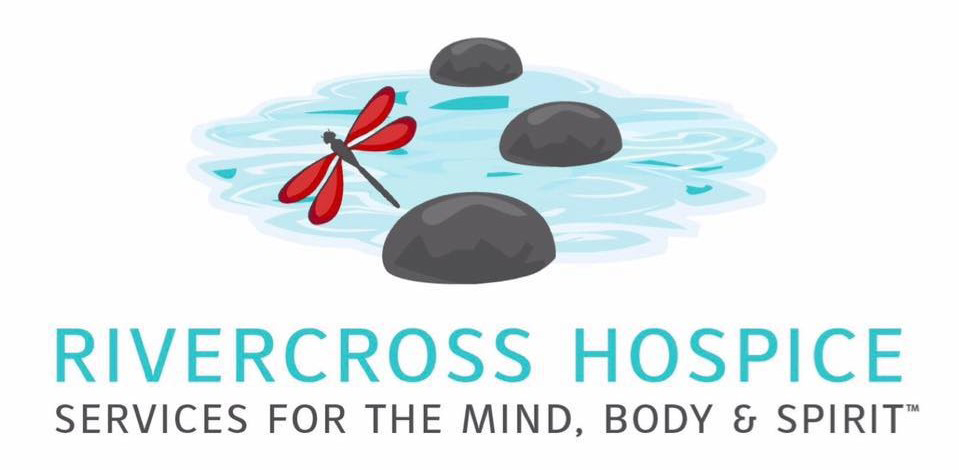Navigating grief is deeply personal, especially in the critical stretch after a loved one’s passing. If you’re searching for supportive environments like hospice care in Bartlesville, OK, you may find yourself wrestling with a mix of emotions, sometimes all at once. While the first 90 days can be particularly challenging, understanding what to expect and where to turn for compassionate support can provide a sense of grounding and hope.
Understanding Grief in the Early Days
The grief journey is rarely linear. In the initial weeks, many of us experience feelings that come in waves rather than stages. It’s common to encounter:
- Shock or numbness, which can feel almost surreal
- Deep sadness and intense longing
- Guilt over what was or wasn’t said and done
- Anger, sometimes directed at situations, medical staff, or ourselves
- Physical changes, such as trouble sleeping or loss of appetite
These reactions are natural. It’s essential to remember that everyone grieves in their unique way. For some, the sense of loss is overwhelming; for others, it comes and goes, sometimes unexpectedly. The first 90 days often involve not only emotional pain but also navigating paperwork, family expectations, and adjusting to daily life changes.
Why the First 90 Days Matter
This initial period can set the stage for longer-term emotional health. Many families feel adrift, as if all the attention, routine, and expert hospice care that provided structure has suddenly disappeared. Recognizing and acknowledging these feelings is a vital part of the healing process. Support, empathy, and guidance are crucial in fostering resilience.
Practical Steps for Coping with Loss
Though no two people grieve in the same way, some strategies may help in the first weeks:
Reach Out for Connection:
Isolation can intensify grief. Lean on trusted friends, family, or spiritual advisors. Even just listening and sharing stories can provide comfort.
Allow Yourself to Feel:
Suppressing emotions doesn’t make them disappear. Whether it’s tears, laughter, or anger, permit yourself to feel each moment truly.
Establish New Routines:
Daily structure, however small, can create a sense of security and normalcy. Try to keep meal times regular or take a daily walk.
Remember and Honor:
Creating rituals, such as lighting a candle or planting a tree, can help honor your loved one in meaningful ways.
Seek Professional Guidance:
Bereavement counselors, support groups, and trained professionals know how to help families navigate this rocky terrain. If you aren’t sure where to start, many home care providers offer referrals and resources as part of their holistic approach.
The Value of Compassionate Support
We all benefit from communities that understand the complexity of grief. Compassionate professionals are trained not only in medical care but also in providing emotional guidance during and after the hospice journey. Their presence offers reassurance, especially when facing unfamiliar or intense emotions.
If you’re struggling, don’t hesitate to ask for help. Many people find that a single conversation with a grief support specialist can make a vast difference in the healing process.
Ready to discover caring support and valuable resources?
Explore our bereavement and family support page to see how we can help you move forward, one gentle step at a time.
Finding Strength and Moving Forward
Remember, grief is not a sign of weakness but a measure of the love shared. Over the first 90 days, it’s common to feel unsettled and vulnerable. Yet, with understanding, practical strategies, and a strong support network, those first steps can become a little easier each day.
At Rivercross Healthcare, we believe that every individual and family deserves to be met with compassion, respect, and grace as they heal. Whether you’re seeking information, compassionate listeners, or practical resources, we’re here for you.
If you or your loved ones are seeking a partner in the journey, one who understands the unique challenges of hospice care in Bartlesville, OK, please reach out to us for more information about how we can help, guide, and support you through the days ahead.




